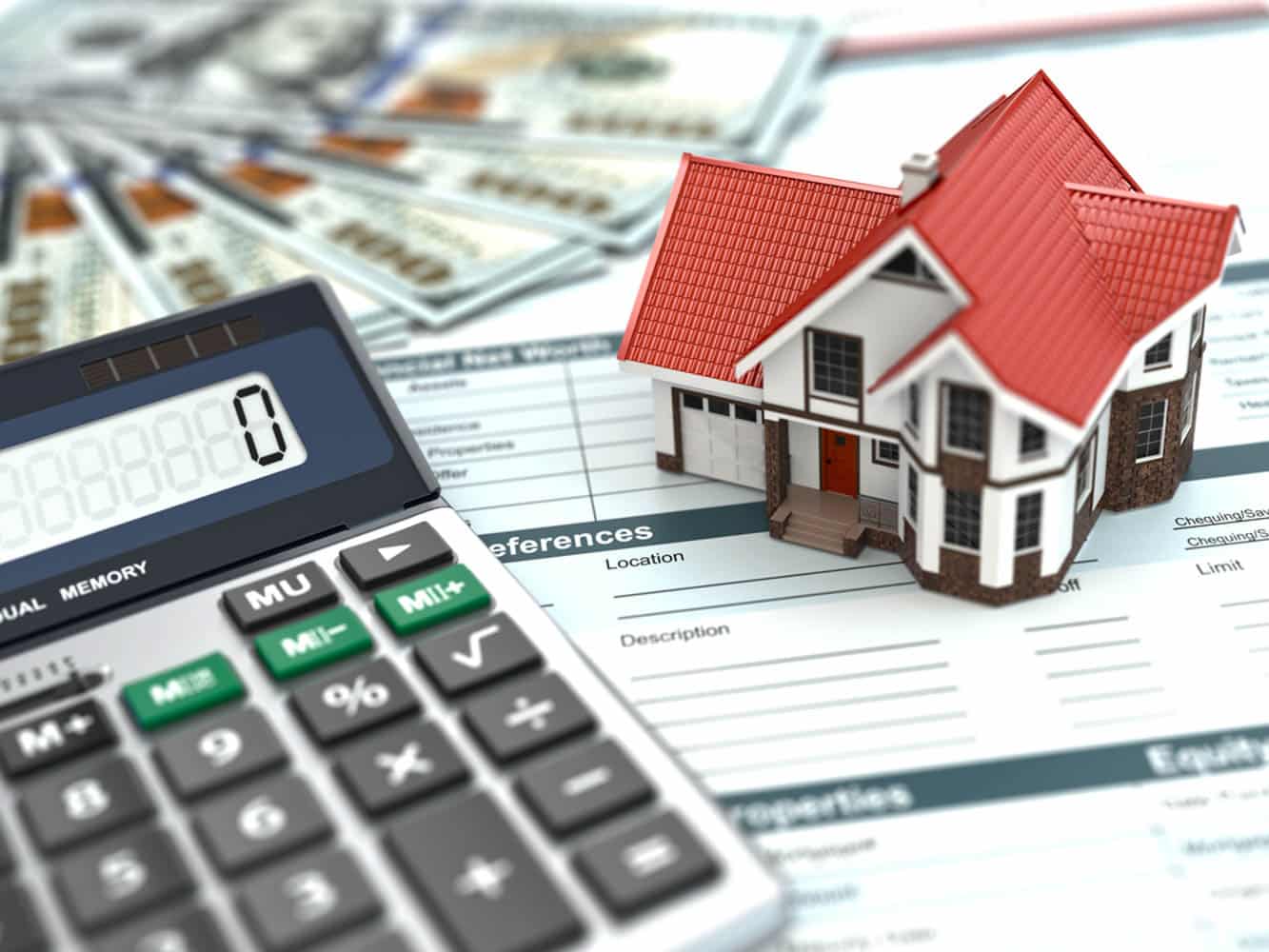If you are considering getting a debt consolidation mortgage, you should be familiar with what options are available. Remember that every person has a different type of mortgage debt and financial capabilities. That’s why you have to pick a consolidation mortgage option wisely.
Not everyone can pay off their mortgage loans especially when they are struggling financially. Debt consolidation mortgages allow you to repay your dues by selling your property and using the sale to repay your current dues.
What makes this option good for many is that they can have control of their finances and not have to worry about their debts. The focus of selling your assets focuses more on the equity that you own in your property.
What Is a Debt Consolidation Mortgage?
A lot of homeowners choose to take out mortgage loans so that they can manage their debts. The act of consolidating debt into one can mean a lesser interest rate and also a better payment plan. A collective deadline will be set depending on what the debtors and lenders have agreed upon.
If you plan on taking out a debt consolidation mortgage, you will have to go through an application process akin to a regular mortgage. The only difference is that the level of equity you own in the property will be more focused.
Equity is the value of the property that you own, as opposed to the value you borrow through a mortgage. Once you’ve paid the mortgage and the value of your home increases, then you will end up having more equity. Getting more equity is better especially when you’re looking for remortgage lenders.
Ways to Settle Your Debt
How can you settle your dues with a debt consolidation mortgage? You need to know that there are different types of debt consolidation loans. The one you choose should fit your financial profile and needs. It also helps to look at the terms and conditions beforehand to see if the option fits you best.
- Secured Loans
These loans are those involving collateral which means you will have one or more of your assets on the table as a backup for your charges. Your assets will be under the lien of your lender until you can fully pay back the charges.Once you miss out on several deadlines for payment, then lenders can claim your collateral and sell it. That’s why you have to be aware of whether the loans you are applying for will need you to offer collateral.The good thing about this type of loan is that you can borrow large amounts. Some secured loans offer lower interest rates and longer deadlines. In some cases, you can also qualify for tax reductions on mortgages.
- Unsecured Loans
You won’t need to prepare any assets as collateral for unsecured loans. They are just more difficult to find and tend to offer lower amounts with higher interest rates. The good thing about this is that they have lower interest rates than credit cards and that the rates are also fixed.If you are worried about fluctuating interest rates, unsecured loans would be the best choice. You only have to ensure that you can pay your charges on time and that you won’t accumulate too much interest rates to the point that you can’t repay them anymore.Always try and read their debt terms and conditions beforehand. What you have to remember is that every lender has their own set of rules. Make sure that you read the rules and also the reviews from other people to see whether the lenders have a good reputation or not.
Options for Consolidating Debt
- Home Equity Loans
These are loans that rely on the equity you’ve built on your property. You can use your equity to consolidate your dues and make it easier for you to pay off your dues gradually. These are secured loans which will require you to prepare collateral.Interest rates can be higher than usual mortgage rates, but lower than credit card ones. It helps to consult with a credit counsellor if you’re unsure whether home equity loans are for you. Expect upfront costs and fees in addition to your monthly payments.With home equity loans, you have a fixed interest rate which means these will not change and you won’t have to worry about the total amount. The property you use as collateral should be something that you’re ready to sell or close.
- Personal Loans
Personal loans on the other hand are unsecured loans. That means you don’t need to prepare collateral to acquire the loan. These are loans that come from banks or credit unions, and they offer you a lump sum payment available to use for any purpose.You will then have to repay the debt in regular payments; usually monthly for a set period. The interest rates are also set and won’t change. That’s why this is one of the most ideal conditions if you want to consolidate your dues.There are also personal loans that are targeted specifically at debt consolidation purposes. These are loans that have been designed to suit the needs of a debtor who is struggling with multiple debts.
- Credit Card Loans
Credit card loans can be quite costly compared to the other two mentioned above. However, through this option, you can get a new card which lowers the interest rate and also reduces your debt burden.You can find credit cards offering a 0% APR introductory period once you start transferring your existing balance. The offer depends on how long the bank decides to implement it, and usually, it’s about 6 to 21 months.If you miss those payments, you are potentially looking at double-digit interest rates. That’s why when using credit cards for debt consolidation, you should be careful. Always pay off what’s on your balance on or before your deadline to avoid additional incurred payments.
Why You Need a Debt Consolidation Mortgage
Debt consolidation can be a great help for those struggling with how to keep their homes and not go bankrupt. You want to repay your debts, but at the same time, you want your assets and properties to be safe. Consolidation loans can help keep your credit score healthy.
If you can successfully consolidate your debts, then paying them off gradually becomes easier and also faster. Being able to lower your credit utilization ratio could boost your credit score. Once you have a better credit score, you can find more loans at better rates.
You only have to ensure that you qualify for the type of loan you want to apply for. Sometimes, lenders will ask for letters of employment as well as statements for your credit card or the dues you want to pay off. Go for a debt consolidation mortgage loan you trust the most.


